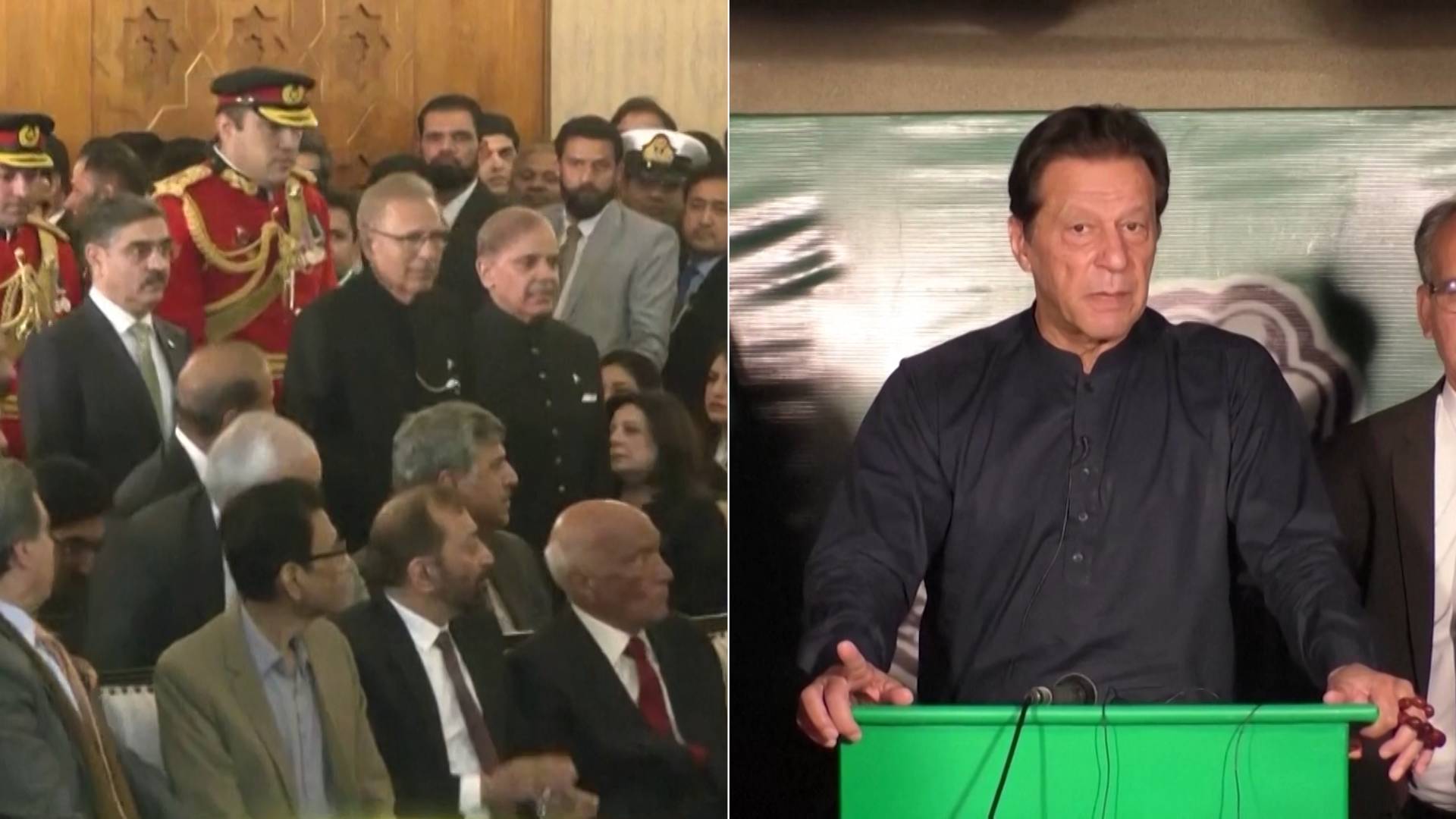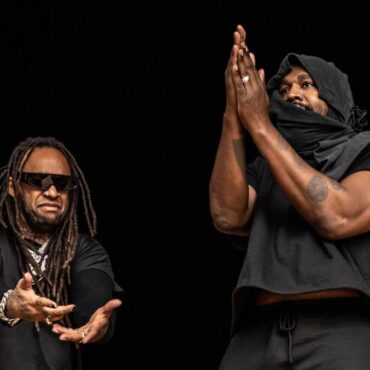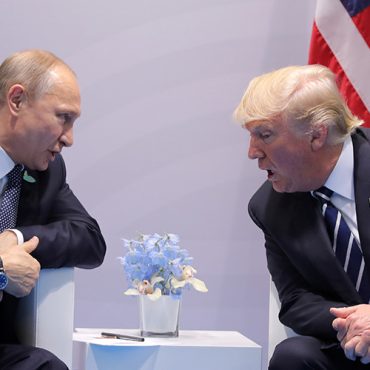In Pakistan, Shehbaz Sharif was sworn in Monday as prime minister for a second time, days after newly elected members of Parliament were seated amid protests by lawmakers from the party of ousted and jailed former Prime Minister Imran Khan. Sharif will lead a coalition government after none of the major parties won a majority of parliamentary seats in February’s election, when Khan supporters accused the military of election tampering. Regardless of actual policy, Khan’s enduring popularity as an anti-establishment figure comes from “a young, disaffected population, a set of regimes that historically does not deliver, and underlying structural crises that just get worse,” says Aasim Sajjad Akhtar, associate professor of political economy at Quaid-i-Azam University in Islamabad. “That’s why I think you have this groundswell of opinion which is both anti-domestic elite and also anti-foreign elite.”
Source link











Post comments (0)